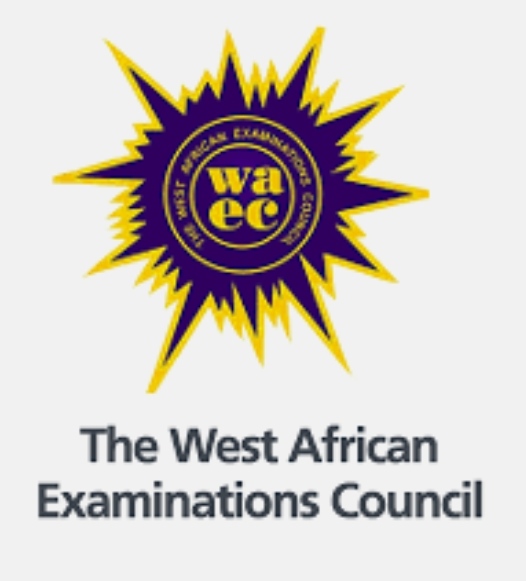
The West African Examinations Council (WAEC) has launched a groundbreaking initiative that allows students to retake their West African Secondary School Certificate Examination (WASSCE) as early as January and February 2025. This is a significant departure from the previous system, where candidates had to wait for the next private exam session to reattempt failed subjects.
John Kapi, WAEC’s Head of Public Affairs, announced the development in a statement, describing the new program, WASSCE PC1, as a timely opportunity for candidates to improve their grades and avoid academic delays.
“Students who access their WAEC results and realize they need to retake one or two papers have until January 8 to register online through our website or at WAEC-accredited internet cafés,” Kapi said. The exams are scheduled to take place from January 24 to February 15, 2025.
Support for Candidates
To help students prepare effectively, WAEC plans to fast-track the release of chief examiners’ reports, which will provide insights into common mistakes and offer guidance on how to approach the exams more successfully.
The council has extensively advertised this program through banners, its website, and the results-checking platform to ensure students and parents are informed. Additionally, students whose results were canceled but are not under a ban for malpractice are also eligible to register for the WASSCE PC1 exams.
Currently, the exams will be held in regional capitals due to the limited number of candidates, with WAEC encouraging prospective participants to complete registration before the January 8 deadline.
Reactions and Recommendations
The initiative has been met with praise from education stakeholders. Felix Oluwaseun Agbesanwa, Chairman of the Ogun State chapter of the Academic Staff Union of Secondary Schools (ASUSS), commended WAEC’s move, describing it as a “step in the right direction.”
Agbesanwa, however, urged WAEC to extend the registration deadline to the end of January to accommodate more students.
“This initiative allows students to focus on retaking specific failed subjects instead of re-registering for all papers,” Agbesanwa said. “If passed, these results could be combined with previous ones to count as a single sitting, enhancing opportunities for university admission.”
He also noted that the policy could reduce examination malpractice by discouraging students from resorting to unethical means to pass their exams. However, he cautioned students against becoming complacent, urging them to take this opportunity seriously.
WAEC’s Vision
WAEC expressed optimism that the initiative will help students quickly enhance their academic profiles, enabling them to meet admission requirements without experiencing a year-long delay. The council emphasized its commitment to maintaining the integrity of the process and ensuring the policy achieves its intended goals.

